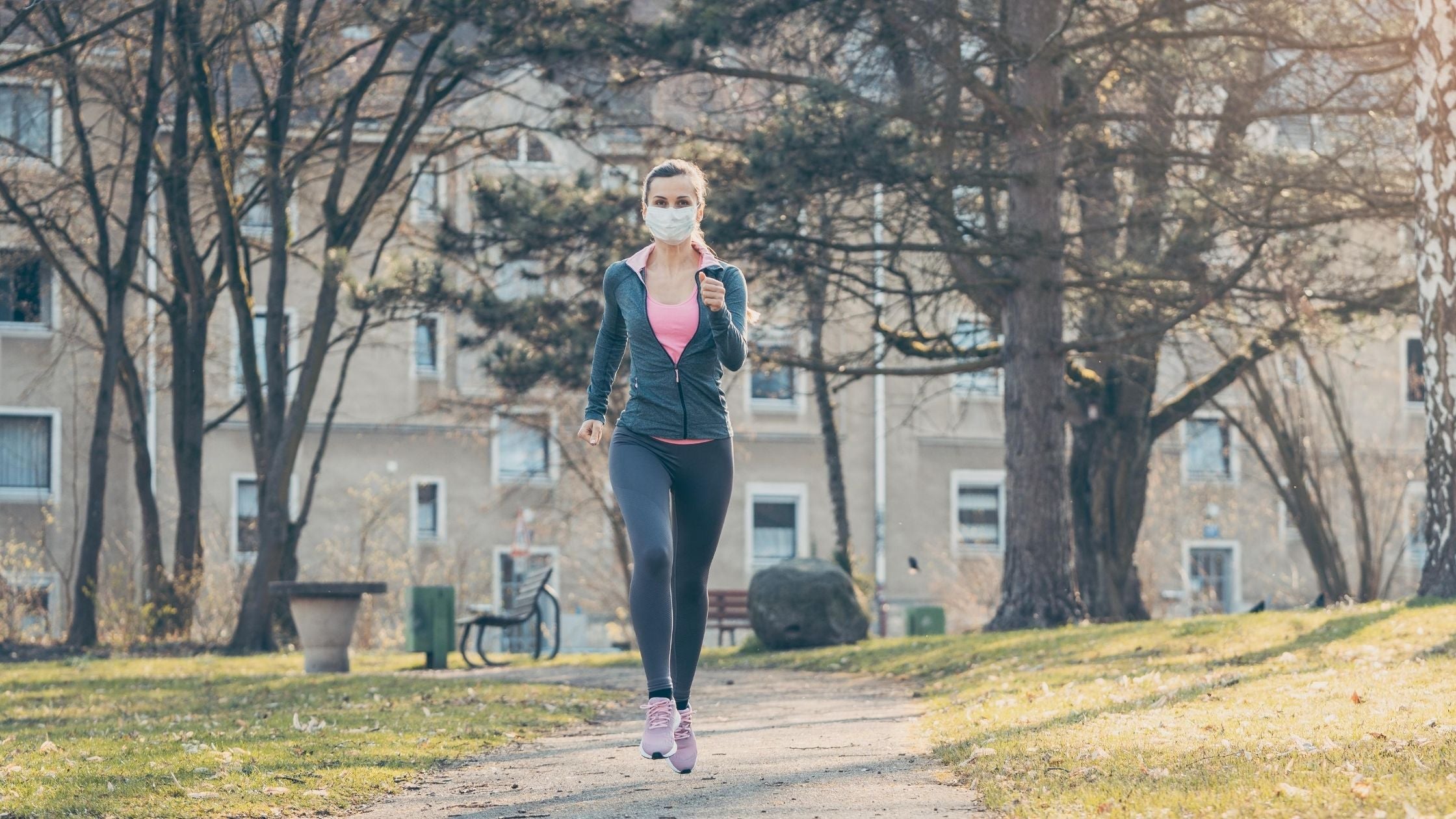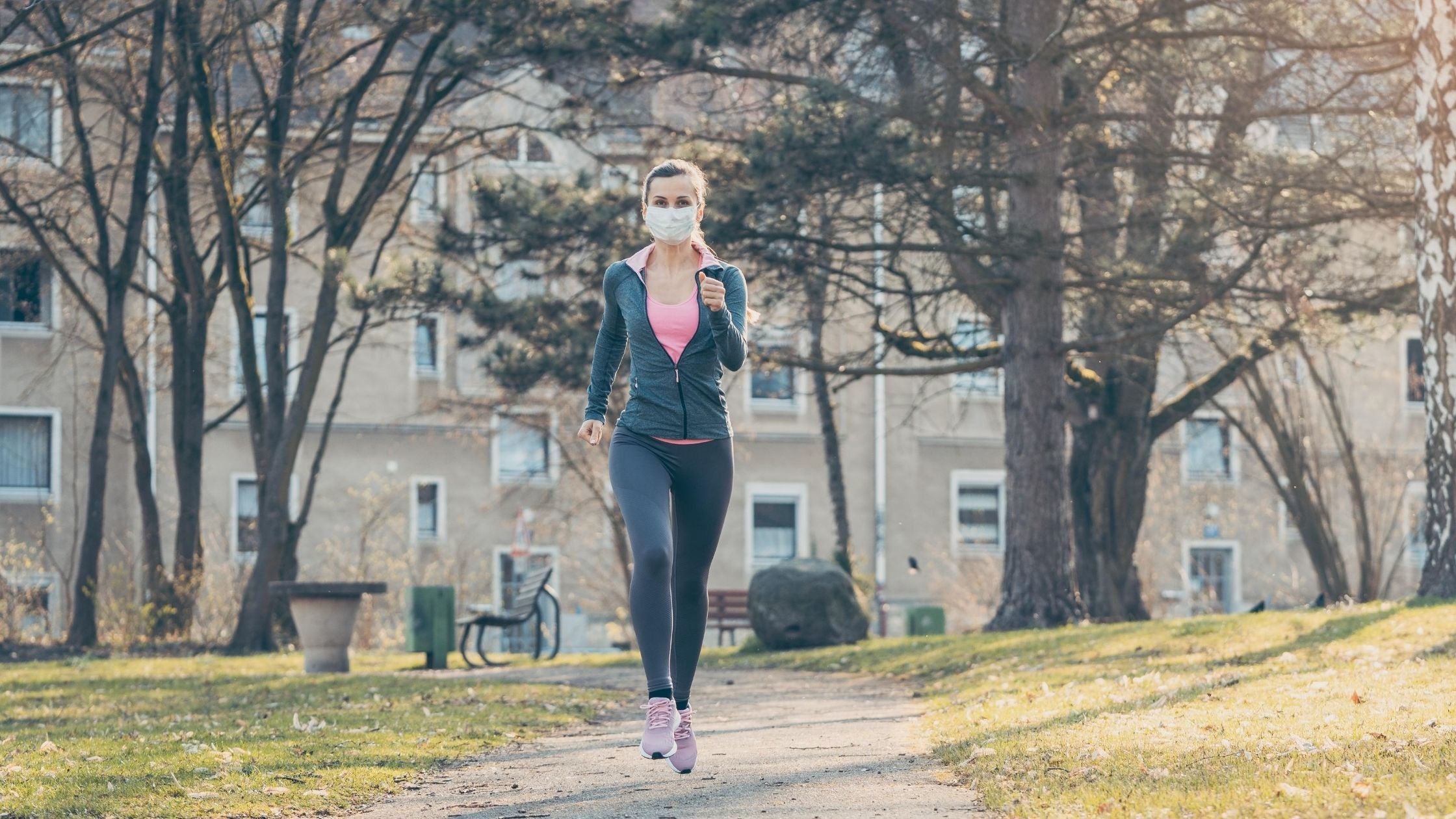[
Managing physical and mental well being during Covid-19
Covid-19 is raging "like a forest fire" and its impact on physical and mental health can be overwhelming. Amid this pandemic millions of people around the globe are forced to physically isolate. Social isolation, fear of contagion, loss of family members, unemployment, all these are taking a toll on mental well being. Learning to cope with mental challenges like stress and anxiety is extremely important for you and your family.
Why is mental health affected during Covid-19?
Due to this pandemic, many of us are confined to our homes. It has significantly limited our activities like contact with relatives, colleagues, traveling and other recreational activities. The contact with the natural world is lost for people living in cities. This change in everyday routine may make an impact on an individual's mental health.
Who all are vulnerable?
- Health workers
- Elderly people
- People with underlying medical conditions
- Children
- People who are homeless
- People who have lost jobs
How to manage your physical and mental health?
Take care of your body and mind to help recharge your life during difficult times. Here're some strategies to follow for your physical and mental well being.
Regular exercise
Engage in physical activities like exercise, dance or yoga. This can boost up your mind and reduce stress.
Eat healthy
Eat a well-balanced diet possibly homemade foods. Avoid junk food and limit caffeine intake, which can aggravate stress and anxiety. Boredom can also lead to stress eating. Here are some immune boosting drinks, You can also try and stay healthy and stay home.
Get enough Sleep
Follow your regular sleep pattern. Sticking to the same schedule ensures relaxation and good health.
Avoid alcohol, smoking and drugs
Since Covid-19 affects respiratory functioning, smoking which makes you vulnerable to lung disease is a big "no-no". Avoid using alcohol and drugs which may reduce your coping skills.
Reduce screen time
Try to limit electronic device usage. Turn off your television, computer or phone for some time every day.
Engage in creative activities/things you like
Engage in your hobbies like cooking, gardening, reading, listening to music, etc. If you're a creative person indulge in your project which can be quite refreshing.
Limit news/social media exposure
Constant exposure to news may heighten fears about the disease. Limit social media usage since a lot of rumors and false information are being posted. Follow only reliable sources.
Follow a regular routine
Stick to your schedule every day, by keeping consistent time for meals, work, exercise and sleep. Your mind will be more in control when you maintain a regular routine.
Focus on positive thoughts
Always maintain a sense of hope and positivity.
Pray often and be thankful for everything in your life. Manage and accept the challenges and try to keep problems in perspective.
Do something for others
Check on your family and friends through calls or text. Support them if they're quarantined or in the hospital. Offer help if required.
Seek out help when needed
Everyone reacts differently to difficult situations. If it is making you miserable and is hard to carry out your normal routine and responsibilities, don't hesitate to ask for help.
Contact a mental health professional and follow his advice. Continue to practice self-care practices and be virtually connected to your well-wishers.
Reference Source: Managing Physical and Mental well being during COVID-19
You can also follow WHO Guidance by downloading from the below link.



